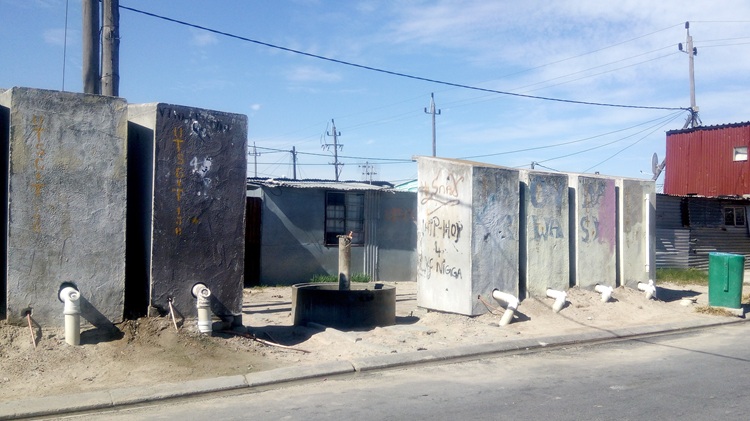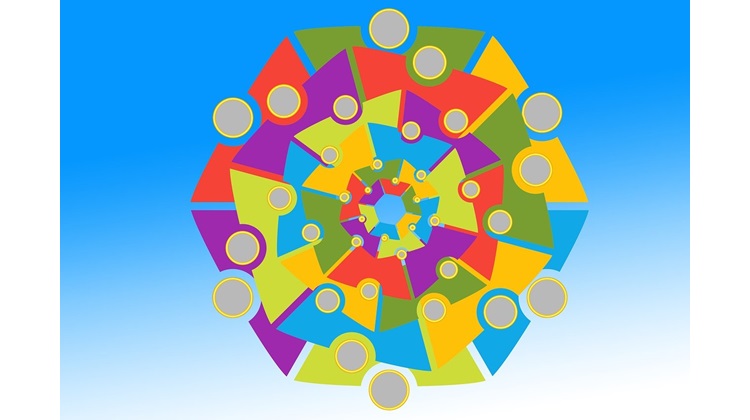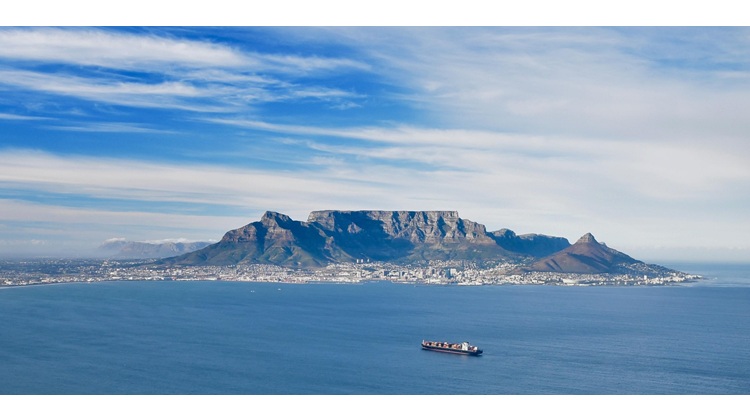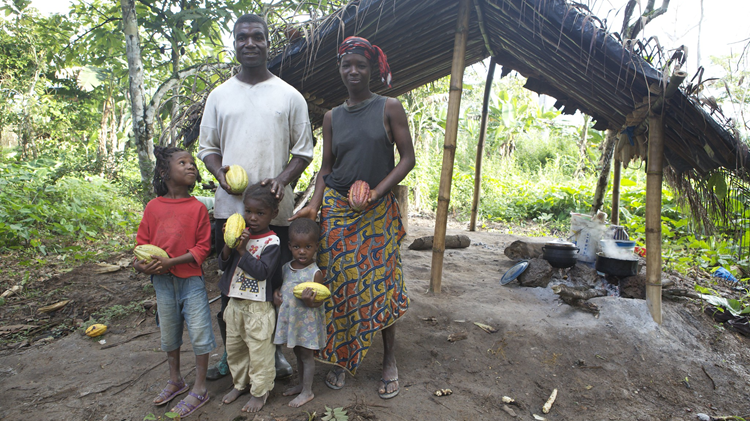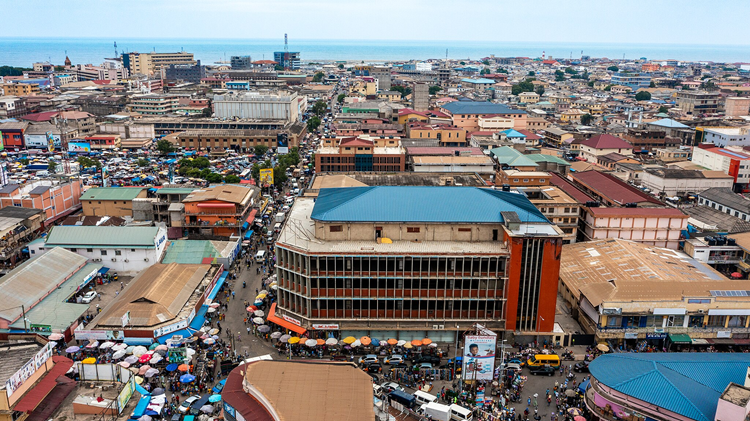A strategic approach to turn Senegal’s economy around

A lack of good governance is holding Senegal back from its former status as a stable democracy.
Despite its economic and political concerns, Senegal could slash poverty and raise its GDP within 20 years. All it will take is good governance. Senegal has seen significant unrest since postponing its general elections, but it is not too late to turn back towards its former status as a stable democracy.
Senegal’s economy is the fourth largest in West Africa. Its GDP almost tripled from US$9.2 billion in 1990 to US$29.4 billion in 2019. Prior to the COVID-19 pandemic, the economy saw astonishing growth. For instance, between 2014 and 2018, the economy grew by over 6% per year – an historic performance.
Despite this strong growth record, Senegal is struggling to meet its 2035 targets. Under its long-term development vision, Plan Senegal Emergent (PSE), the country intends to transform its economy and promote sustainable development.
In 2019, Senegal’s GDP per capita in purchasing power parity was 89% lower than the average for lower-middle-income African countries. This figure set them as the seventh lowest in the group. As of 2019, 57.3% of the Senegalese population lived below the extreme poverty line, and the country ranked below the sub-Saharan average on the Human Development Index in 2022.
How did Senegal get to this point?
The COVID-19 pandemic and the Russian invasion of Ukraine both presented major hits to Senegal’s already struggling economy. In 2020, the GDP shrank by 1.3% – the largest drop in a decade. In 2022, annual inflation reached a multi-decade high.
Senegal now finds itself in a significant fiscal deficit thanks to huge public spending, particularly on fuel and electricity subsidies. Combined now with a 20% raise in public sector wages and external borrowing, Senegal is in a public debt crisis. They have surpassed the debt sustainability threshold for emerging economies, with total public debt at an estimated 75.2% of the GDP.
With a 20% raise in public sector wages and external borrowing, Senegal is in a public debt crisis
Senegal’s economic woes did not start with the pandemic. Despite attempts to diversify, its economy is still over-reliant on a few traditional commodities like peanuts. This is a structural challenge that has made Senegal vulnerable to international commodity price fluctuations and external shocks.
Low productivity and high informal sector activities hinder the structural transformation of the Senegalese economy. On top of these, the country is also at risk of climate-related hazards like droughts, floods, rising sea levels and coastal erosion.
Senegal has been known for its stable democracy. However, the decision to postpone its general elections (initially scheduled for February 2024) sparked widespread protests and violence. This, coupled with the increasing insecurity in West Africa, threatens the long-term peace, stability and development of Senegal.
However, these challenges are not unassailable. The country faces an optimistic future, especially with its emerging oil and gas exploration. Economic growth is forecasted to rebound to 10.6% in 2024, thanks mainly to oil and gas production. The country’s huge mineral deposits – including gold, phosphate, iron, uranium, lithium, tin and molybdenum – can also be a catalyst for shared growth if well managed.
The way forward for Senegal
A new study by the African Futures and Innovation programme at the Institute for Security Studies shows that Senegal can achieve its development potential by pursuing targeted assistance in key sectors.
The study models an ambitious but realistic scenario that emulates the impact of:
- Better governance;
- More and better education;
- Improved health and water, sanitation and hygiene (WaSH) infrastructure;
- More rapid demographic transition;
- An agricultural revolution;
- A successful low-end manufacturing transition;
- Improved infrastructure;
- Increased inward financial flows;
- Full implementation of the African Continental Free Trade Agreement (AfCFTA).
Together, these scenarios form the Combined Agenda 2063. The study compares the Combined Agenda to the Current Path, or the business-as-usual scenario.
Based on the Combined Agenda 2063 scenario, Senegal’s GDP could rise to US$245.6 billion by 2043 – a 729% increase from 2019. This would exceed the Current Path forecast by 86%. The projected growth of GDP per capita would also exceed its Current Path counterpart by 73%. The lives of Senegalese citizens would be significantly improved, with the Combined Agenda 2063 forecasting only 3.2% of the population living below the extreme poverty line, as opposed to the Current Path projection of 23.4%.
The sectoral impact on economic growth and poverty reduction differs across scenarios. According to the study, the full implementation of the AfCTA will have the greatest impact on increasing GDP per capita and the manufacturing transition will have the greatest impact on reducing extreme poverty.
Despite its strong growth record, Senegal is struggling to meet its 2035 targets
However, Senegal will have to pay the price in high carbon emissions – around 46.2% more than what is estimated in the Current Path forecast. This should not deter the country from the Combined Agenda, however. In the longer term, Senegal can grow its green economy given its potential for solar and wind energy.
What does better governance look like?
There are steps that Senegal can take to lessen the gap between the Current Path and Combined Agenda projections.
- The economy needs to be diversified to reduce its vulnerability to international commodity shocks. This can be achieved by intensifying the production of other cash crops, such as cotton and sugar.
- In order to maintain its role as a major foreign exchange earner, Senegal needs to address the challenges that threaten its tourism industry.
- For shared growth and prosperity, Senegal’s emerging oil and gas sector needs effective management.
None of these vital steps will be possible if Senegal does not address its current state of unrest, and restore peace and security. It is absolutely crucial that Senegalese authorities, with the support of ECOWAS and the AU, go forward with the country’s scheduled elections. By maintaining its status of a free and transparent democracy, Senegal can mend its economy.
Image: Papa birame Faye/Pexels

